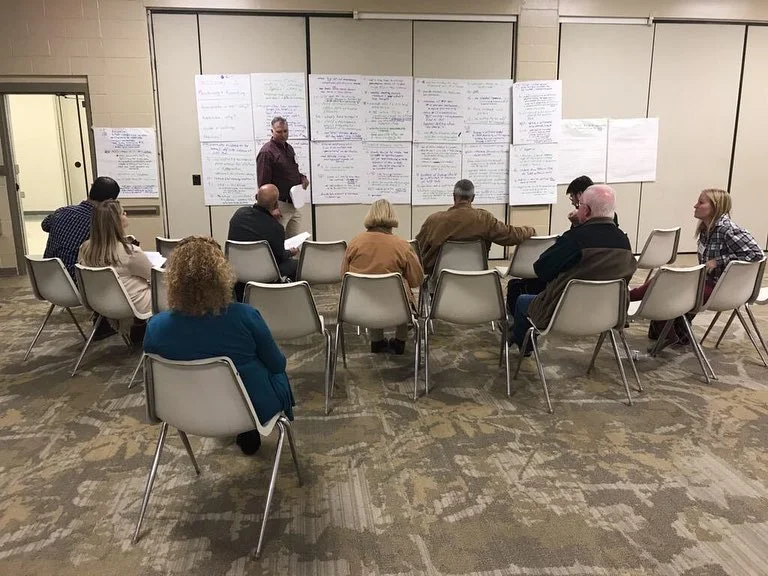The jury in the Fourth Hog Nuisance case against Smithfield gave a verdict in favor of the plaintiffs. However, it was not a landslide decision. Not only did the jury declare to be hung at one point during deliberation, but they also decided to award the lowest compensatory damages to date. Four plaintiffs received $100. Two were awarded $1000 each. One was awarded $25,000, and the last was given $75,000.
Although technically another negative verdict for hog farmers, we are grateful and (dare we say) excited that jury members recognized that hog farms do not ruin people’s lives so much as to award millions and millions of dollars.
Plaintiff’s council asked the jury to award each plaintiff $4-5 million. We commend the jury for taking a reasonable approach. The claim that hog farms are a nuisance was given much doubt in this case, as seen by the jury’s difficulty in coming to a unanimous decision and because of the low awards. Punitive damages will be determined in the days to come.
We are disappointed that hog farms are being heralded as a nuisance, and saddened at all of the families and jobs these verdicts negatively impact. However, we are clinging to the hope that doubt has been spread regarding the misinformation and tall tales being told about our farm families.
The next trial is scheduled for January. It will once again be against Joey Carter and be presided over by Judge Britt.
Farming is the profession of hope. We are weary, but hopeful yet.
-The NC Farm Family Team




